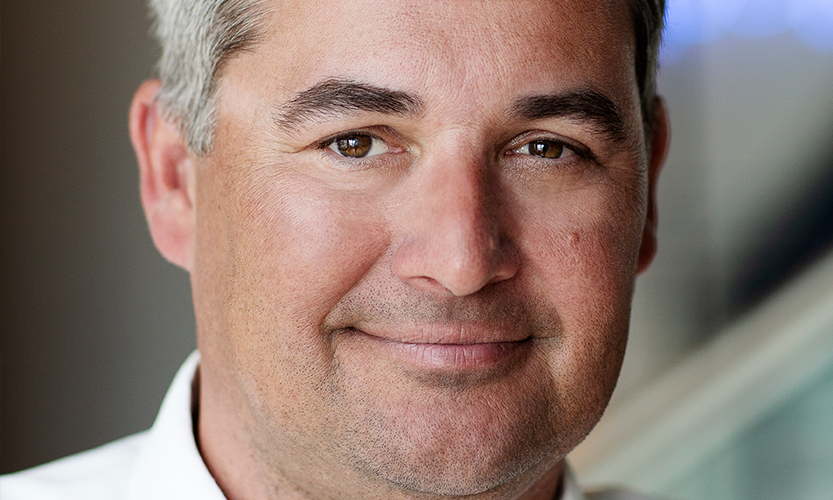
This comment was published in Børsen on 19 February.
Artificial intelligence, and especially what is known as generative AI, has taken the world by storm. In little time it has become an integral part of numerous work processes and everyday activities. With good reason: artificial intelligence has proven to be a fantastic helper! It makes many routine tasks easier. It guides us when we need direction. It jogs the brain into motion when it gets stuck, and brings out creative streaks that, for many of us, had lain dormant deep inside us.
However, the fascination with the many possibilities of AI must be put aside for a while; it is time for a shift in focus. Because the market for artificial intelligence is currently like the Wild West, ungoverned and unregulated, which poses a real threat to the economic and legal foundations of the arts and culture industry. If we do not create a proper legal framework as soon as possible, we are at risk of removing human beings from the creation of the most human thing we have: art and culture. In our quest for innovation and development, we put the very soul of our society at stake.
Not slamming the brakes
One of the most important tools for preventing a future where our culture is primarily shaped by algorithms and codes from abroad is to have balanced copyright laws. In Denmark and in Europe, strong copyright protection has historically been the very foundation for innovation and cultural diversity, and at the same time it asserts the creators’ basic human rights and ensures that the artists and entrepreneurs can make a living from their work. The Danish rights systems merit particular attention: through collective management, they ensure easy and legal access to copyright-protected works while at the same time ensuring that all artists – whether famous or lesser-known – receive the same treatment when their materials are used. The same will also apply to both big and small AI providers.
Still, Big Tech and their stormtroopers will undoubtedly continue to sound like a broken record when we discuss how AI should be regulated. Time and time again, creative and performing artists are met with the argument that regulation might impede innovation. The most recent example was the big battle surrounding the EU copyright directive, where scare tactics from the opponents claimed that the directive would undermine the internet and inhibit artists and innovation. None of these scary scenarios came close to coming true – quite the contrary. The innovative power and opportunities found in the digital sphere – both for individual users and the larger companies – are probably greater today than ever before.
Strong copyright protection has historically been the foundation for innovation and cultural diversity in Denmark and in Europe
- Gorm Arildsen
If this does not seem a compelling defence of copyright in itself, we may usefully dive into Denmark’s history of innovation: the support and backing of strong copyright protection and other intellectual property rights is part of the reason why Denmark is now known throughout the world for design classics such as Hans J. Wegner’s Wishbone Chair, Poul Henningsen’s PH lamps, Arne Jacobsen’s the Egg and the Swan chairs, and I could go on. It is why people from all over the world build with Lego bricks. It is why Novo Nordisk has become a worldwide success within pharmaceuticals. It is why, despite being a small nation, we are internationally recognised for our art and culture.
So no, regulation does not slam the brakes. Rather, it is our safety belt. The feature that limits the risk of harm when new technology, such as artificial intelligence, hits the accelerator. It is a necessary change of gear so that the vehicle does not spin out of control.
Go further
That is why the rights industry is now calling out in the debate on regulation of artificial intelligence. Not because we want to slam the brakes on innovation, not because generative AI should be shut down, but because there is a need to take control of the new technology. Because we want technology to serve the arts and culture, not the other way around.
And although the European Parliament has taken the first steps in the right direction by embarking on legislative work pertaining to artificial intelligence, we would still like to emphasise the necessity to go further than that.
We want technology to serve the arts and culture, not the other way around - Gorm Arildsen
Based on a desire to ensure innovation, cultural development and a sustainable future for genuine, authentic and human artistic expression, we, together with twenty-three other Danish rightsholder organisations, have sent a joint statement to the Danish Ministry of Culture, calling for a focus on five principles when the work on regulating artificial intelligence is hopefully launched before long: Support human creativity; Transparent and responsible practices on the part of AI Services; Adequate opportunities for enforcement; Use of protected content must require consent and; Adequate protection against imitations.
If those principles are adhered to, and we take our starting point in a desire to create balanced copyright legislation, we as a society can establish and safeguard the necessary trust between the technology sector, the culture industry and the rest of society.
Gorm Arildsen
CEO of Koda



